Students slam Sydney University’s ‘consent course’ as just lip service
SYDNEY University students will have to pass a mandatory course on sexual harassment to complete their studies under a radical plan which was been branded a “tick-the-box” exercise in response to recent scandals at the uni.
NSW
Don't miss out on the headlines from NSW. Followed categories will be added to My News.
SYDNEY University students will be taught they cannot kiss on campus unless they get an “enthusiastic yes” from the object of their desire under a radical plan for a mandatory course on sexual harassment.
Every new student from this year onwards will have to pass the course — an online module that uses male and female stick figures to illustrate what is and is not consent to sex — to complete their studies, and they will need to score a perfect 100 per cent.
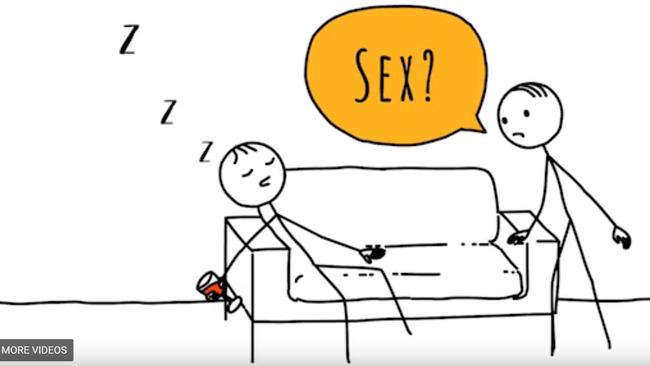
But students and experts have slammed the plan, calling it a “tick-the-box” exercise in response to recent sexual harassment scandals at the university without addressing the culture that caused them.
As a normal person, this is so stupid. People who need to be taught what consent is and what it isn’t, the course is not going to help, it’s not going to change their mind.
The university website detailing the module entitled Consent Matters: Boundaries, Respect, And Positive Intervention states everyone must have explicit permission from the same person they intend to make contact with before doing so.
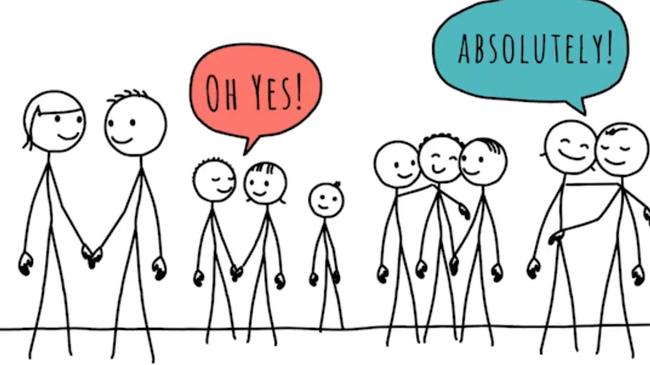
“This means that everyone is entirely comfortable with the situation and freely able to agree, give permission or say ‘yes’ to participating in a sexual activity (this includes kissing and touching),” it says.
“If someone is not able to offer an enthusiastic ‘yes’ to questions about sexual activity you do not have consent.”
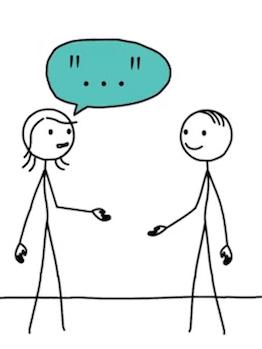
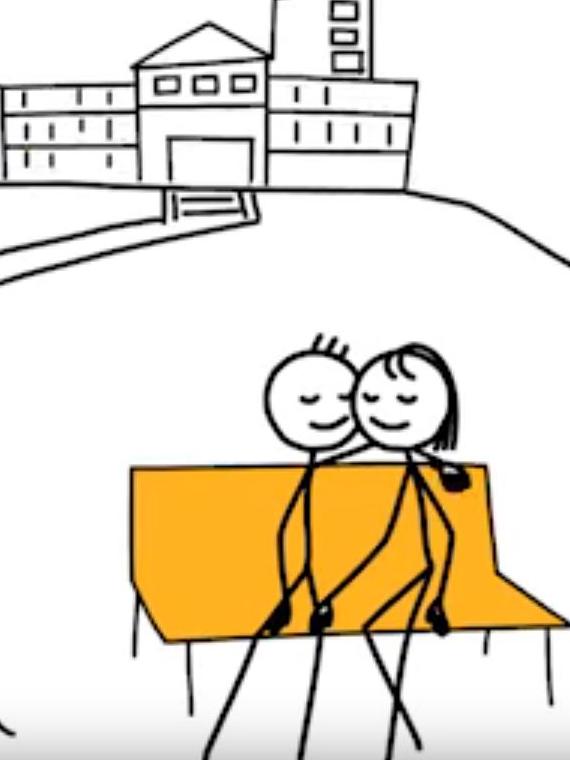
The course is developed by London-based company Epigeum, which uses activities, animations, stick figure cartoons and scenarios to spell out for students when they have and do not have consent, and how things like alcohol and drugs impact it.
But existing students weren’t convinced that the course was going to fix the university’s atrocious record.
Medical Science student Eleni Vellios said asking explicitly for an “enthusiastic yes” to kiss someone was silly.
“It’s a bit unrealistic, no one is going to ask for them to spell it out and ask for it.”
Claudia Reed, an honours student in the course, said the compulsory survey was a “tick-a-box exercise” and the university should be more focused on fixing the problems within its residential colleges.
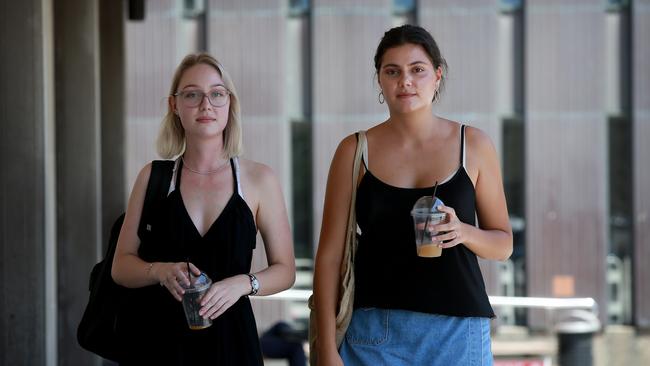
“It is the university’s way of saying, ‘we’ve done our part, we look good’, but it’s not actually going to fix anything,” she said. “As a normal person, this is so stupid. People who need to be taught what consent is and what it isn’t, the course is not going to help, it’s not going to change their mind.”
A university spokeswoman confirmed that students would be forced to keep attempting the course until they got everything correct.
“The Consent Matters module is mandatory for all new students enrolling at the University of Sydney from 2018 onwards,” she said.
But the university has stopped short of banning students from lecture theatres over the module.
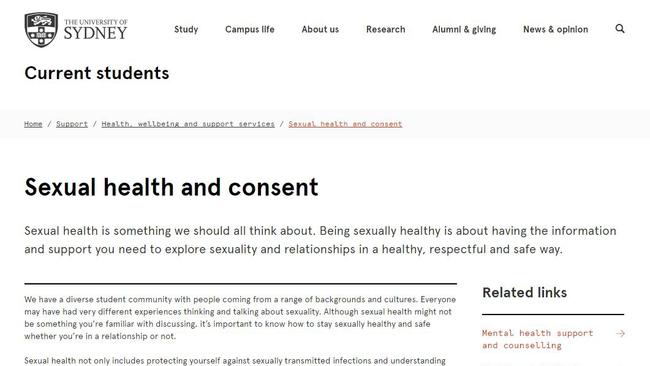
“Students will be able to commence their course even if they haven’t yet completed the module, however, completion will be monitored,” the spokeswoman said. “The university believes consent education is an essential part of our students’ personal development and interpersonal responsibility. It is also an important part of making sure all our students feel safe at the university.”
A report conducted by Elizabeth Broderick into Sydney University colleges last November found 6 per cent of female college students had experienced actual or attempted sexual assault.
Seb Starcevic: What we must not forget about campus sexual assaults
She found 32 per cent at The Women’s College had experienced sexual harassment. At St Andrew’s College it was 30 per cent.
St John’s College hit the headlines in 2012 when a girl was hospitalised after she was forced to consume a toxic cocktail of shampoo, milk, dog food, hot sauce and alcohol.
UNSW Doctor of Criminology Bianca Fileborn was among the experts expressing doubts that the module would be effective in fixing the university’s toxic culture.
“To expect one hour of online module is going to teach everything they know about consent is quite problematic,” she said. “The outcomes of the Broderick Report says there is a need to do more intensive work to address college culture.
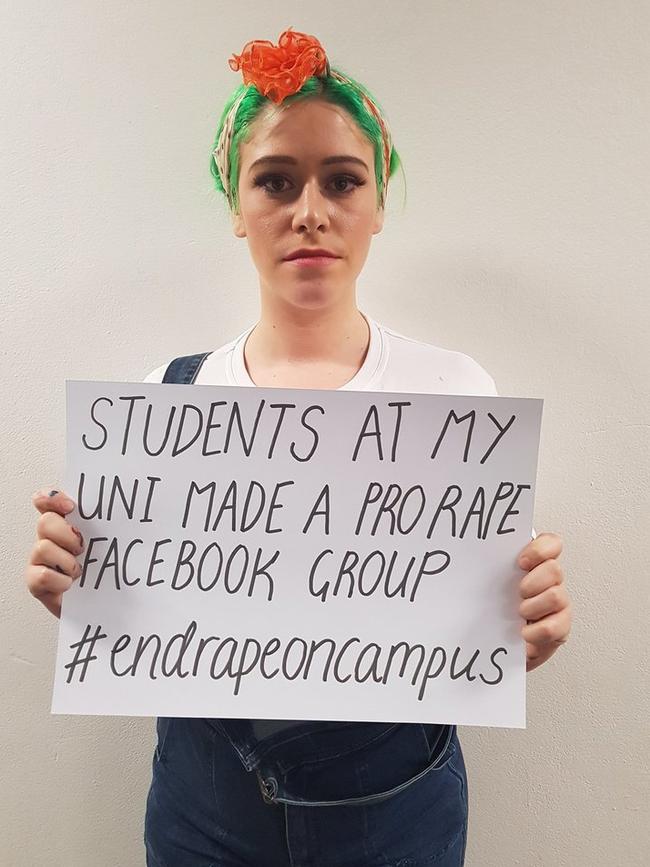
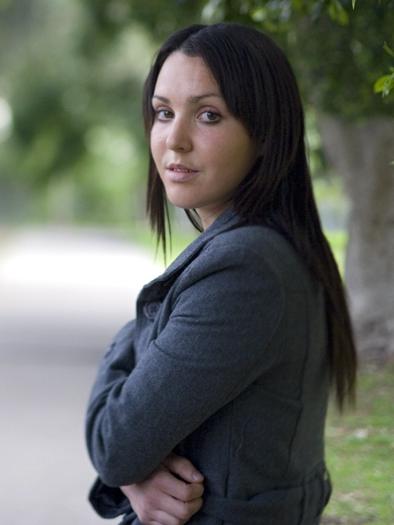
“Education programs which are run as a one-off activity — there is very little evidence there is longer-term change. It needs to be a component of a much broader program, which is comprehensively addressing issues around sexual violence.”
Ambassador for End Rape on Campus Australia Nina Funnell said the module was “deeply problematic”: “This is a PR stunt so they appear to be doing something and they have gone for the cheapest option that will give the biggest media splash.”
It was reported last year that the university was opposed to an online module on consent because research said it wasn’t an effective education tool but the Students’ Representative Council’s Women’s Officers put pressure on management to adopt it.


